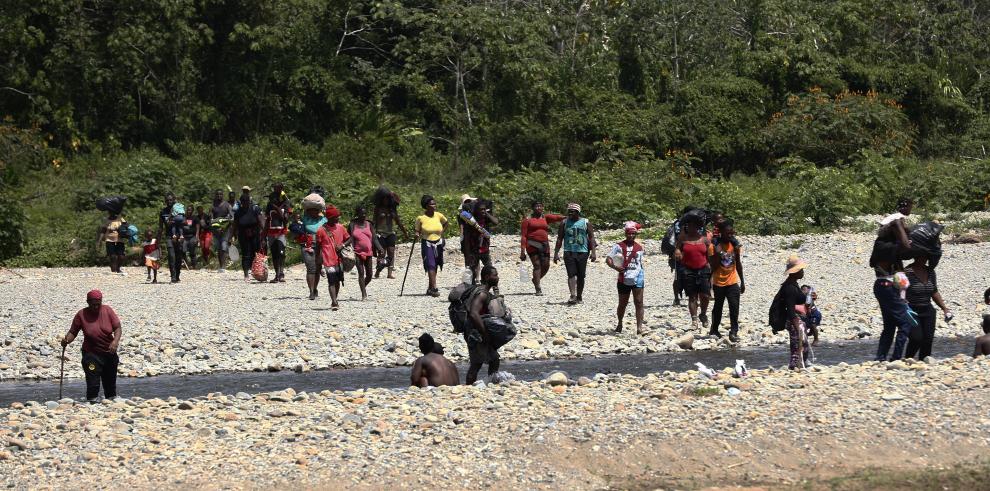$7.6 million tender to feed transiting migrants
The Public Security authorities of Panama are in search of a food supplier for migrants arriving at the Darien border.
The public tender for a breakfast, lunch, and dinner provider has a cost of $7.6 million for the delivery of the food portions for 365 days, that is, seven days a week. The proponent must prove that it has the infrastructure and sufficient capacity to be able to carry out the contract, for which it will have to present photographic evidence and specifications.
The diet provided must contain a sufficient and balanced amount to cover daily nutritional and energy needs, always providing within it, the three fundamental nutrients: proteins, carbohydrates, and fats.
The proposals will be received on July 27, according to information published in Panamacompra.
Between January and April, 11,370 extraterritorial migrants arrived in Panama after crossing the Darien jungle, according to data provided by the International Organization for Migration.
Panama has been receiving migratory flows for more than a decade, reaching its highest point in 2015 and 2016, when more than 30,000 arrived each year.
In 2020, as a result of the pandemic, migrant flows decreased, but now they threaten to overwhelm reception centers.
Hundreds of people, including pregnant women, minors, who travel with their parents, enter the country in precarious conditions due to dehydration, gastrointestinal conditions, and respiratory diseases.
Darién is considered one of the most dangerous irregular migrant routes in the world, not only because of the characteristics of a tropical forest - with y rivers and wild animals (snakes, jaguars) and insects such as mosquitoes that can transmit diseases - but because they hide organized crime groups.
The jungle without land communication routes has become an obligatory step for clandestine migration from South America to the United States. Migrants, mainly from Haiti, Asia, Africa, and Cuba, are moved by traffickers who have generated a humanitarian crisis.
.
